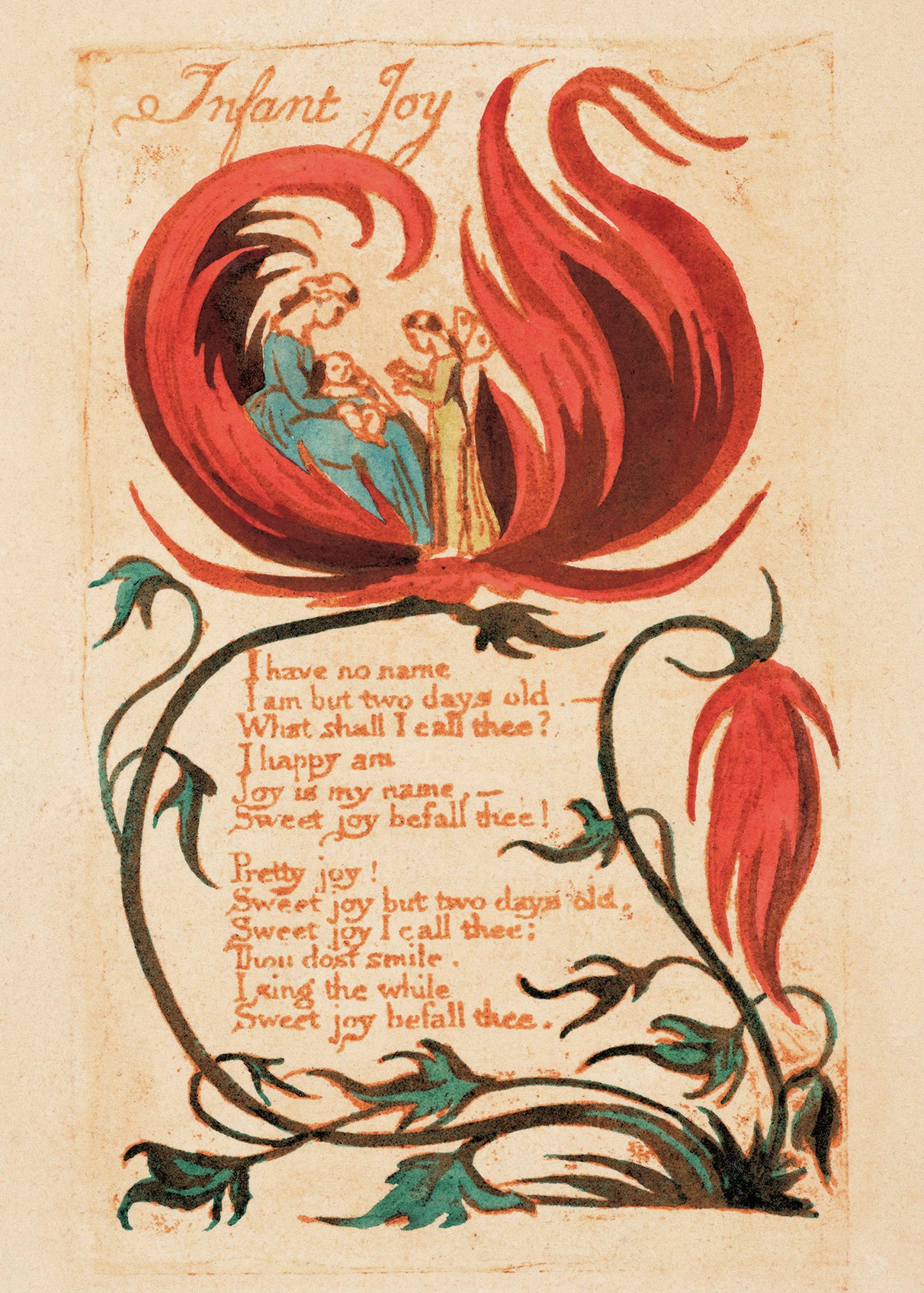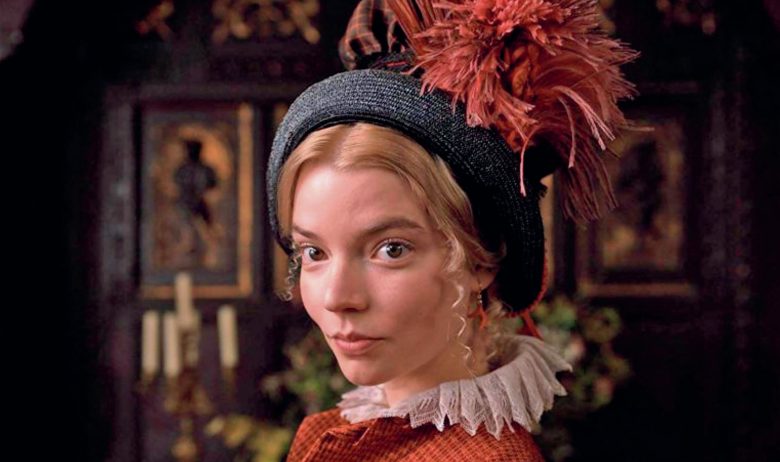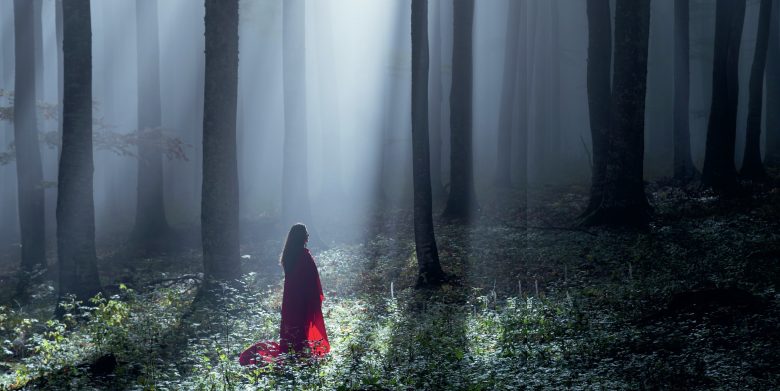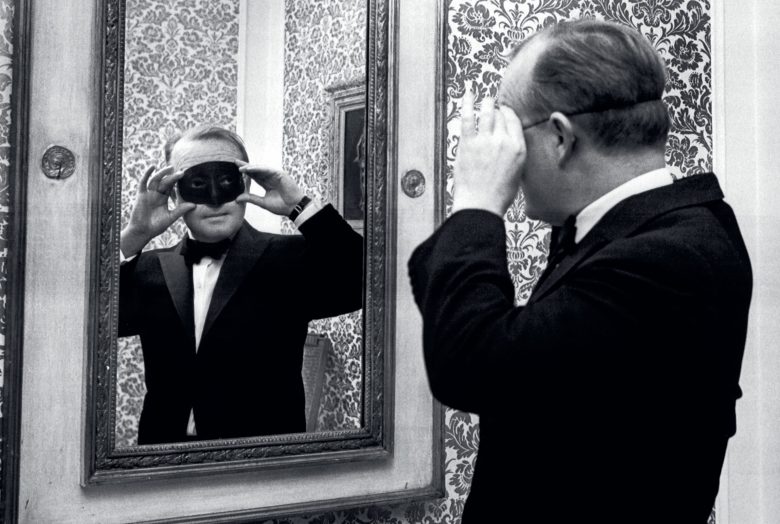
Blake chose the form of a children’s book for his Songs in order to challenge the moral certainties of popular polite children’s literature, such as Isaac Watts’ Divine and Moral Songs and Mrs Barbauld’s Hymns in Prose. Blake ironically subverts their didactic approach, in which the child is told exactly what to think, in Songs of Innocence’s ‘Holy Thursday’, and he often refuses to moralise at all, as in ‘The Sick Rose’.
Children in Songs of Innocence are given their own distinctive voices rather than being pitied or moralised over by adults. In ‘The Chimney Sweeper’, for example, the child is unsentimental about his own situation. The final line may appear to be an instruction to the reader but instead invites an ironic and subversive response: ‘So if all do their duty, they need not fear harm’. Blake refuses to engage with the coercive strategies of the dominant culture that placed pity and duty at the heart of its response to child exploitation.
Your organisation does not have access to this article.
Sign up today to give your students the edge they need to achieve their best grades with subject expertise
Subscribe




